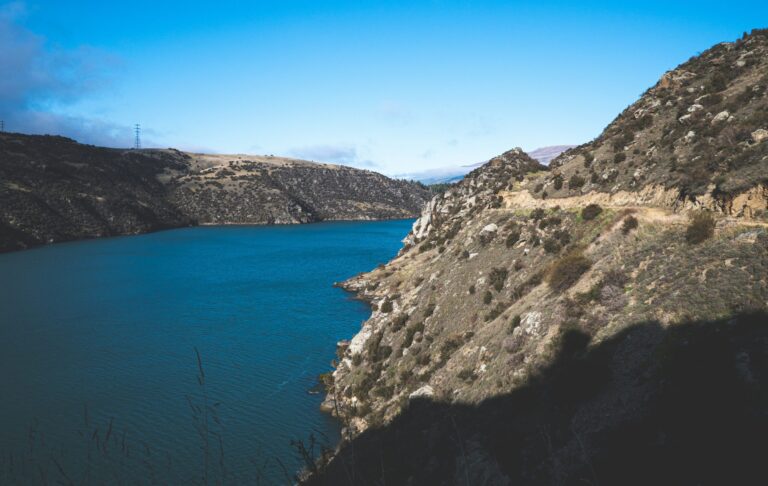Los Angeles, CA, USA
On January 16, 2025, California lawmakers passed a historic water conservation bill designed to address the state’s persistent drought conditions and ensure a more secure and sustainable water supply for the future. The bill, titled the California Water Resilience and Sustainability Act, includes a series of measures aimed at improving water usage efficiency, enhancing infrastructure, and increasing reliance on recycled water and desalination technologies.
The legislation, signed into law by Governor Gavin Newsom at a press conference in Los Angeles, is a direct response to the state’s ongoing water challenges. California has faced severe droughts in recent years, with 2024 being one of the driest years on record. As climate change continues to exacerbate water scarcity, the bill aims to ensure that California’s water resources are managed more effectively and equitably.
Governor Newsom was joined at the signing ceremony by key legislators, including State Senator Anna Caballero and Assemblymember Cristina Garcia, who played pivotal roles in crafting the legislation. “California’s water crisis demands that we take bold action. This bill is about protecting our environment, supporting our agricultural industries, and ensuring that our communities have access to safe, reliable water now and in the future,” Newsom said.
The new bill sets ambitious goals for reducing water usage across the state, including requiring urban areas to reduce per capita water use by 30% by 2030. It also allocates funding for water recycling programs and the development of new water storage infrastructure. One of the most significant aspects of the bill is its emphasis on expanding the use of recycled water, which can be used for irrigation, industrial processes, and even in households, helping to reduce reliance on freshwater sources.
Key provisions of the bill include increased investments in advanced irrigation technologies for farms, the development of desalination plants along the coast to turn seawater into drinking water, and the construction of new water reservoirs to capture and store runoff during wet years. Additionally, the bill mandates that all new residential and commercial developments include water-efficient appliances and landscaping.
Environmental groups, such as the Sierra Club, have generally supported the bill, praising its focus on sustainability and water conservation. “This legislation is a positive step toward ensuring that California’s water resources are used more wisely,” said Claire Langley, Executive Director of Sierra Club California. “By prioritizing water efficiency and recycling, we can protect our natural resources while continuing to meet the needs of California’s growing population.”
However, the bill has faced some criticism from agricultural groups, particularly in Central California, which relies heavily on water for farming. Some farmers have expressed concerns that the new regulations may put additional pressure on their water usage and could lead to increased costs. “We recognize the need for conservation, but the agricultural community needs more support to adapt to these changes without harming food production,” said Tim Johnson, Executive Director of the California Farm Bureau Federation.
The passage of the California Water Resilience and Sustainability Act is seen as a critical step in addressing the state’s water challenges. As California’s population continues to grow, the new measures are expected to provide long-term solutions for managing the state’s water resources in the face of climate change and increasing demand. With this legislation, California is taking decisive action to safeguard its water future and ensure that all residents have access to the resources they need to thrive.



